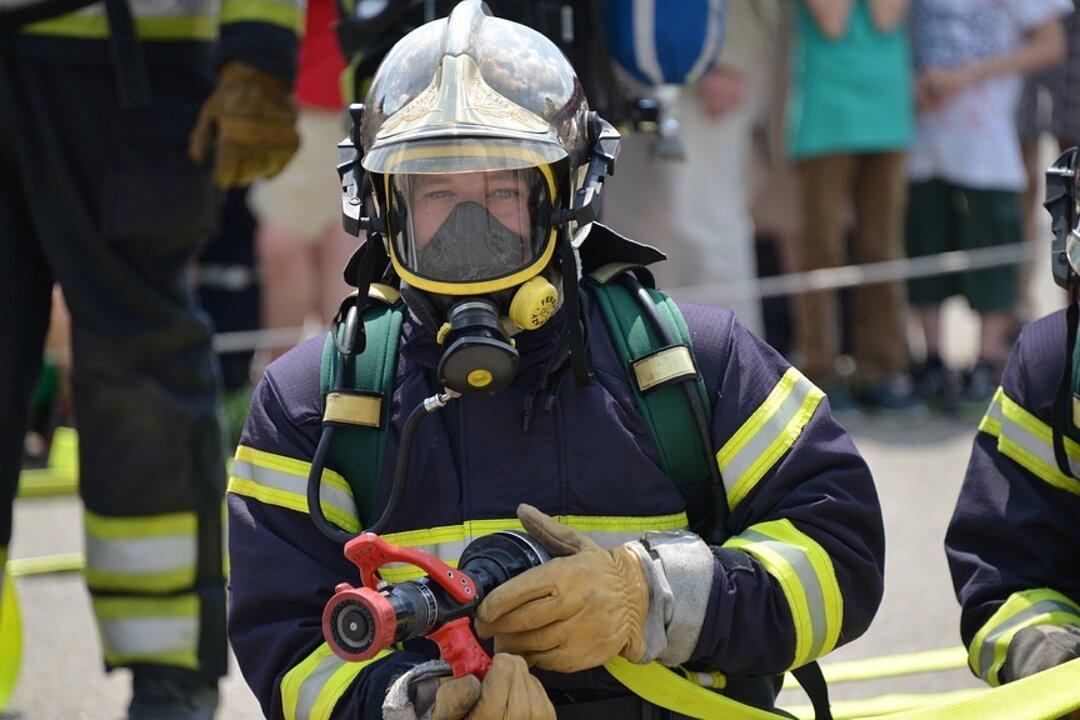Firefighters are not used to receiving a 911 call about one of their members—but on May 19 Jaffrey Fire Department had to cope up with an emergency situation involving one from their own team.
Firefighter Cara Campbell, one of the only two women firefighters on the team, died on Sunday, May 19, due to accidental overdose, reported WMUR.





